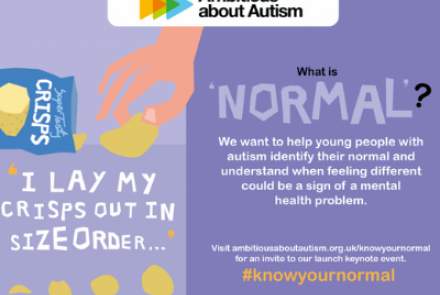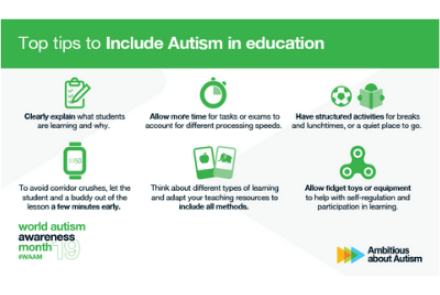Top tips for dealing with bullying
Bullying is a behaviour from another person that can be physical (e.g. kicking, hitting, stealing) verbal (name calling, teasing, insulting) and relational (e.g. refusing to talk to someone, excluding someone from groups or activities).
"I experienced bullying from people who I thought were my friends."
If you are a victim of being bullied, remember not to blame yourself, it is not your fault and you do not have to stand for it.
When I was at secondary school, I experienced bullying from people who I thought were my friends. They asked me for money saying that they were being bullied themselves and used it to buy cigarettes. They also mocked me behind my back with their friends.
Until one day, I found the courage to tell a school supervisor who dealt with my problem. The “so called” friends did not speak to me at all after that but I was just happy that the bullying had stopped and that I could carry on at school and with true friends.
Top tips on how to deal with bullying
Report the bullying to a trusted adult. Tell a parent, teacher, counsellor or close friend-it helps to tell someone who you trust so they can help you stop being bullied
Block them on social media e.g. facebook and twitter. If you are being bullied on Facebook, block them and create a new account with friends you know and can trust
Travel in groups-safety in numbers is the best way if you are out with friends and the bully is in the same place, they are less likely to approach you when you are in a group
We all have the power to stand up to bullies and it can always be solved so don't feel alone and always tell someone.
About the author
Louise Richards is a myVoice Content Creator and is a multimedia graduate from London Metropolitan University. Louise has Aspergers Syndrome and currently works in a Biscuit factory at Biscuiteers as well as doing part time data entry for Kings College Hospital.












